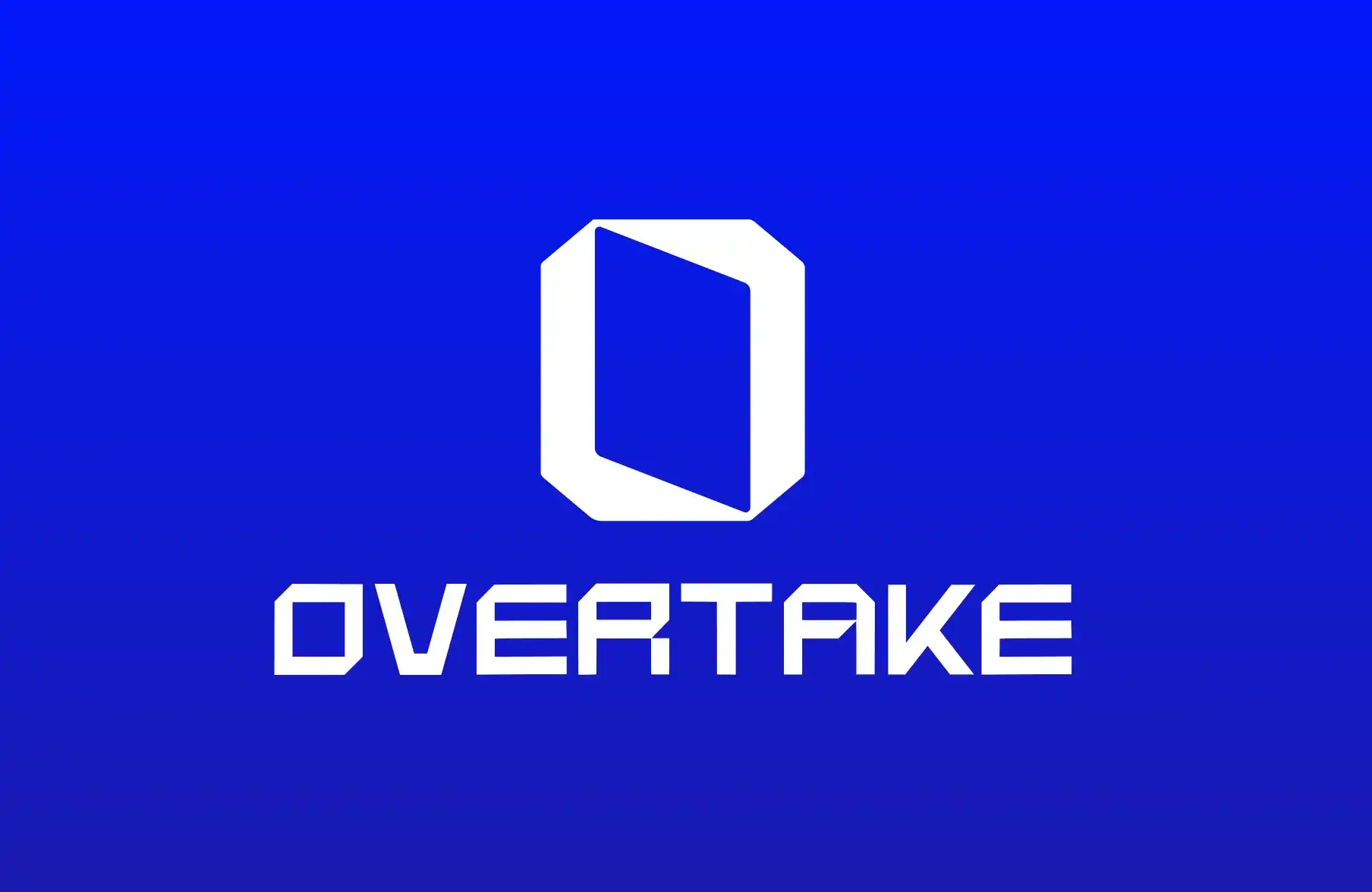Chainlink Co-Founder Claims Blockchain Will Transform Compliance Economics
reports that blockchain-based compliance tools could become more than 10 times faster and cheaper than traditional finance offerings. Chainlink co-founder Sergey Nazarov made these statements during the RWA Summit 2025 in Cannes on June 30.
Traditional financial compliance products cost billions due to complex manual processes and fragmented systems. "Compliance is an inefficient part of the traditional finance industry that a lot of people are not happy about, including identity verification of AML and KYC," Nazarov told the publication. The executive added that solving this inefficiency could "unblock a bunch of institutions from being able to put capital onchain."
Chainlink simultaneously revealed its Automated Compliance Engine on June 30. The modular framework manages regulatory compliance across traditional and decentralized finance protocols. ACE aims to unlock $100 trillion worth of institutional capital entering the blockchain economy according to the company.
Financial Institutions Face Mounting Pressure To Reduce Compliance Expenses
Financial crime compliance costs institutions upward of $60 billion annually in the United States and Canada alone. The 2023 research from LexisNexis and Forrester Consulting demonstrates the scale of current compliance burdens facing financial institutions.
data shows institutional crypto adoption accelerated throughout 2024 due to improved regulatory frameworks. BlockFills CEO Nick Hammer noted that regulatory clarity provides institutional traders more confidence when accessing digital asset markets. The executive pointed to custody solutions and insurance as additional factors building institutional confidence.
Tokenization of traditional financial products represents another major trend driving institutional interest. We reported that Saison Capital launched Tokenize Indonesia in April 2025, an accelerator program supporting Real-World Asset startups in the blockchain space. The initiative seeks to drive innovation and adoption of tokenized assets across Southeast Asia.
Real-World Asset Tokenization Could Reshape Institutional Investment Strategies
Nazarov explained that investing in traditional assets through tokenization will become cheaper due to blockchain efficiencies. "If the compliance or the identity costs or the compliance of renewal and management costs in the blockchain format and wrapper are five to 10x cheaper, then that's a huge advantage," he stated.
research indicates that institutional adoption faces fundamental hurdles around risk management frameworks. Banks and enterprises require clear mechanisms to manage risk exposure and accountability within decentralized systems. The report notes that traditional finance demands robust risk management while public blockchains often lack necessary safeguards for institutional operations.
analysis shows institutional allocations could double from three percent today to seven percent by 2027. The firm expects broader entry from pension funds, endowments, and sovereign wealth funds as regulatory concerns diminish. Research suggests institutional crypto infrastructure is beginning to mirror traditional finance systems.
RWA.xyz data shows onchain real-world assets reached $25.4 billion across 318,000 asset holders excluding stablecoins. This growth reflects increasing institutional confidence in blockchain-based asset tokenization for traditional investments like equities and commodities.
Disclaimer: The content of this article solely reflects the author's opinion and does not represent the platform in any capacity. This article is not intended to serve as a reference for making investment decisions.
You may also like
Overtake partners with World to bring Proof-of-Human to the OVERTAKE trading marketplace
When identity verification is combined with custodial payments, transaction reliability is significantly enhanced, with the potential to drive large-scale user adoption and long-term market expansion.

Research Report | Detailed Analysis and Market Capitalization of Plasma (XPL) Project

From Federated Learning to Decentralized Agent Networks: ChainOpera Project Analysis
This report explores ChainOpera AI, an ecosystem aimed at building a decentralized AI Agent network. The project originated from the open-source foundation of federated learning (FedML), was upgraded to a full-stack AI infrastructure through TensorOpera, and eventually evolved into ChainOpera, a Web3-based Agent network.

ETH worth $11.3 billions is being unstaked—how does "V God" view this trend?
The reliability of Ethereum depends on ensuring that validators cannot instantly abandon their duties.
